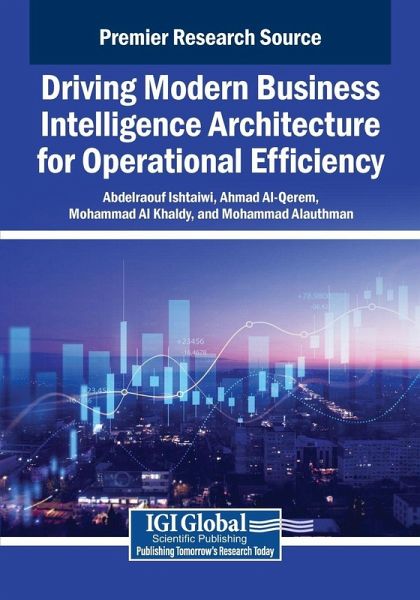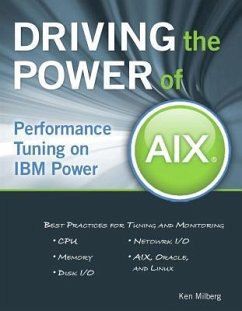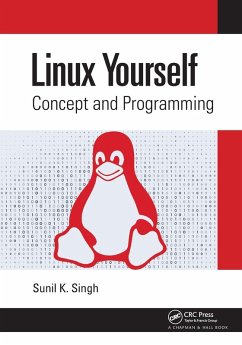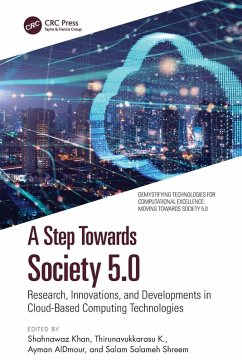
Driving Modern Business Intelligence Architecture for Operational Efficiency
Versandkostenfrei!
Versandfertig in 1-2 Wochen
148,99 €
inkl. MwSt.

PAYBACK Punkte
74 °P sammeln!
Driving modern business intelligence (BI) architecture is essential for organizations to enhance operational efficiency and make data-driven decisions. As businesses accumulate large amounts of data from diverse sources, traditional BI tools struggle to deliver real-time insights and agility. Modern BI architecture leverages cloud-based platforms, data lakes, AI-driven analytics, and self-service capabilities to unify data access and accelerate decision-making. This empowers stakeholders across departments with actionable intelligence and streamline operations by identifying inefficiencies, pr...
Driving modern business intelligence (BI) architecture is essential for organizations to enhance operational efficiency and make data-driven decisions. As businesses accumulate large amounts of data from diverse sources, traditional BI tools struggle to deliver real-time insights and agility. Modern BI architecture leverages cloud-based platforms, data lakes, AI-driven analytics, and self-service capabilities to unify data access and accelerate decision-making. This empowers stakeholders across departments with actionable intelligence and streamline operations by identifying inefficiencies, predicting trends, and automating analysis. Further research into an adaptive BI framework may assist with future business strategies. Driving Modern Business Intelligence Architecture for Operational Efficiency explores the evolving landscape of data management within BI systems, addressing organizations' critical challenges in managing, processing, and utilizing vast amounts of data for strategic decision-making. It offers insights into cutting-edge tools, methodologies, and best practices for effective data management in BI environments. This book covers topics such as data governance, predictive security, and machine learning, and is a useful resource for computer engineers, business owners, economists, academicians, researchers, and data scientists.












